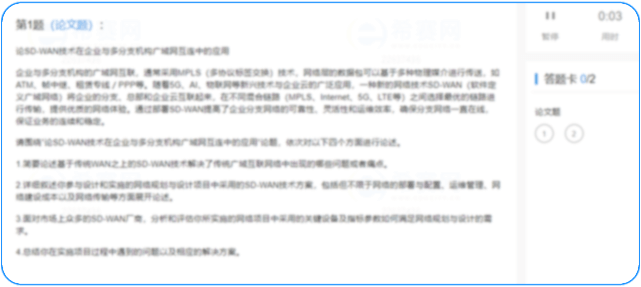
cripple
- The Impact and Connotation of the Word
The word "cripple" has a long history and has evolved to have various meanings and uses that reflect changing attitudes towards disability and the people who have them. From its original use to describe someone who is physically impaired, the term has come to be widely regarded as pejorative and offensive. In this article, we explore the impact and connotation of the word "cripple" from different angles.
Etymology and Historical Usage
The word "cripple" has its roots in the Old English word "crypel," meaning "a person who is crippled or deformed." Initially used in a neutral sense to describe someone with a physical disability or injury, over time, the term was increasingly associated with negative connotations. In medieval times, the word was used to describe someone who is incapable of working and supported by charity, giving it a derogatory connotation.
Medical Perspective
From a medical viewpoint, the term "cripple" is considered outdated and derogatory. Today, people living with disabilities are referred to as individuals with disabilities or persons with disabilities, and their conditions are named as such. The word "cripple" is not considered appropriate or respectful. Much of this change in language usage occurred during the disability rights movement of the 1960s, which sought to change societal views and policies towards people with disabilities.
Social Impact
The use of "cripple" has a detrimental impact on people with disabilities. In 2019, a study by the University of Michigan found that children with physical disabilities report enduring teasing, bullying, and derogatory comments about their disabilities from their peers. Many of these taunts employ outdated and offensive language, including "cripple." Such language negatively affects the self-perception and self-esteem of individuals with disabilities and can create a hostile social environment.
Language as a Reflection of Attitudes
Language reflects and influences attitudes towards marginalized groups. When people use language that is insulting or offensive, it reinforces negative stereotypes. Replacing derogatory language with more respectful terms helps to shift people's perceptions of disabilities, turning them away from stereotypes and towards understanding.
In conclusion, the word "cripple" is an outdated, derogatory term that has negative impacts on individuals with disabilities. The language we use reflects our attitudes, and by changing the language, we can change stereotypes and perceptions. We should focus on using more respectful and inclusive language as a society to create a more welcoming environment for people with disabilities.
Keywords: Disability, Language, Social Impact








